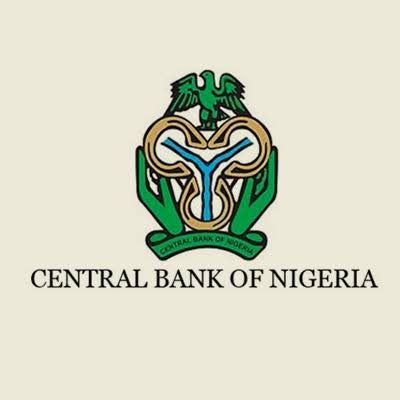In a significant move to address the escalating food crisis in Nigeria, the Central Bank of Nigeria (CBN) has allocated a staggering N1.73 trillion for food imports over the first half of 2024. This allocation includes a release of $547.7 million (approximately N823.19 billion at the official exchange rate of N1,503.3/$1 as of June 30, 2024) dedicated to food item importation in the second quarter alone. However, this amount represents a notable decrease of $142.48 million, or 20.6%, from the $689.88 million recorded in the first quarter of the year.
Food Import Spending Breakdown: A Closer Look at Q1 2024
An analysis of the CBN’s quarterly statistics reveals that Nigerians spent $164.43 million in January, $303.91 million in February, and $221.54 million in March on food imports. This trend underscores the growing reliance on foreign food products amidst local supply shortages and rising prices.
Government’s Duty-Free Import Initiative: A Delayed Response to Food Inflation
In an effort to combat soaring food prices, the Federal Government announced a 150-day duty-free import window for essential food commodities on July 8, 2024. The initiative aims to alleviate the impact of food scarcity and inflation by eliminating or significantly reducing import duties and value-added tax on crucial staples such as maize, husked brown rice, wheat, and cowpeas.
However, three months after the announcement, the initiative has yet to materialize, primarily due to bureaucratic delays and the Federal Ministry of Finance’s failure to publish a list of qualified importers, as mandated by customs guidelines issued in August.
Rising Food Inflation: A Growing Concern for Nigerians
According to the National Bureau of Statistics, the inflation rate has surged to a new high, with the price index rising by 30.6 points, or 3.61%, from 847.7 in August 2024. Further analysis indicates that the average price of imported food has skyrocketed by 72.3 percentage points, or 8.97%, from July 2024, when the duty-free policy was announced, to September.
Year-to-date, this increase reflects a staggering rise of 185.7 price index points, or 26.81%, from 692.6 in January 2024, highlighting the persistent pressure on food prices amid ongoing supply challenges.
Monthly Inflation Trends: A Year of Escalating Imported Food Costs
A month-by-month analysis reveals a troubling trend in Nigeria’s imported food inflation rates. Starting with an inflation rate of 26.29% in January, this figure climbed to 29.81% in February, marking a 3.52% increase. The rate continued to rise, reaching 32.89% in March and 34.01% in April, before slightly decelerating to 34.83% in May.
As Nigeria grapples with these economic challenges, the government’s commitment to facilitating food imports and stabilizing prices will be critical in addressing the needs of its citizens and ensuring food security in the face of persistent inflationary pressures.


